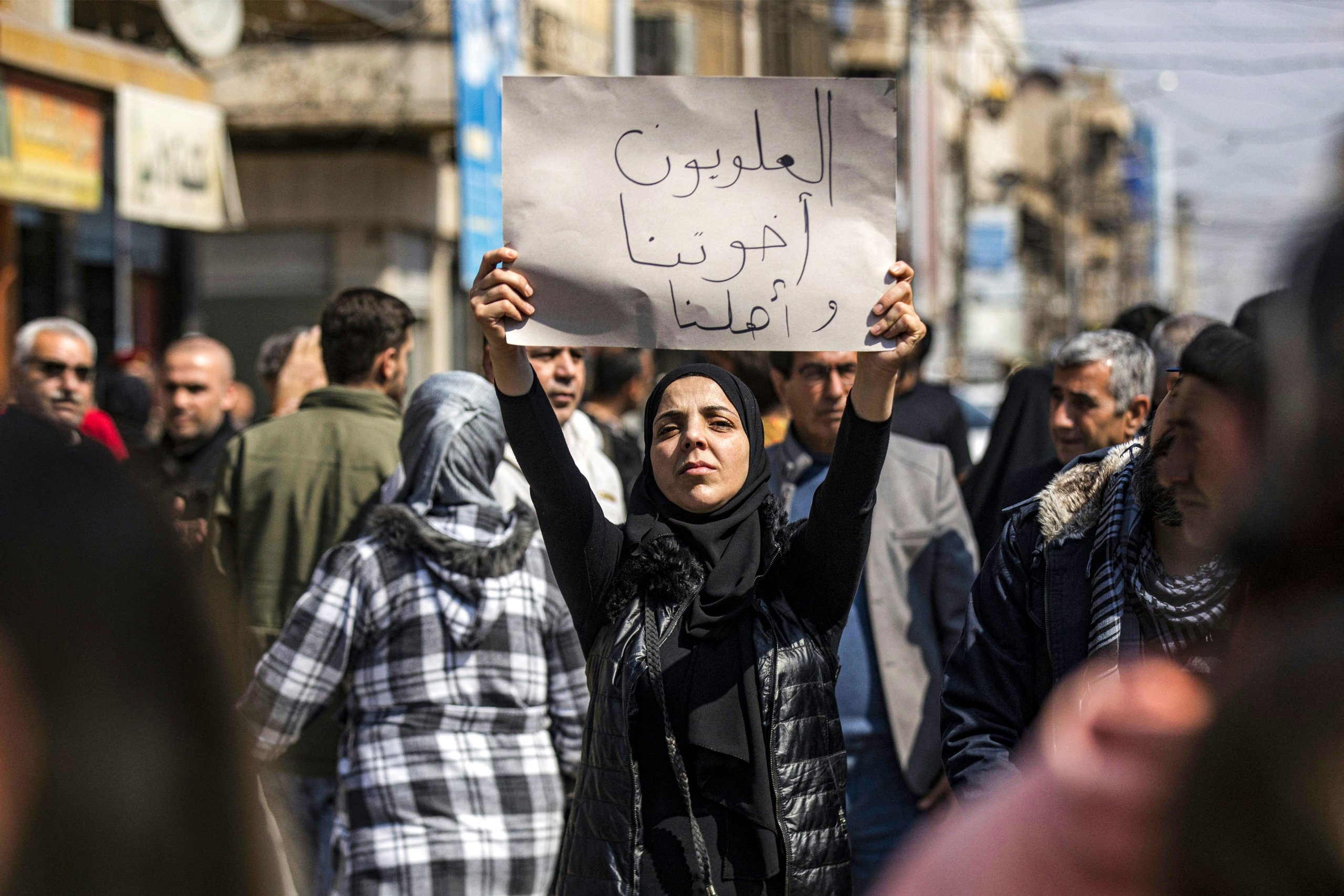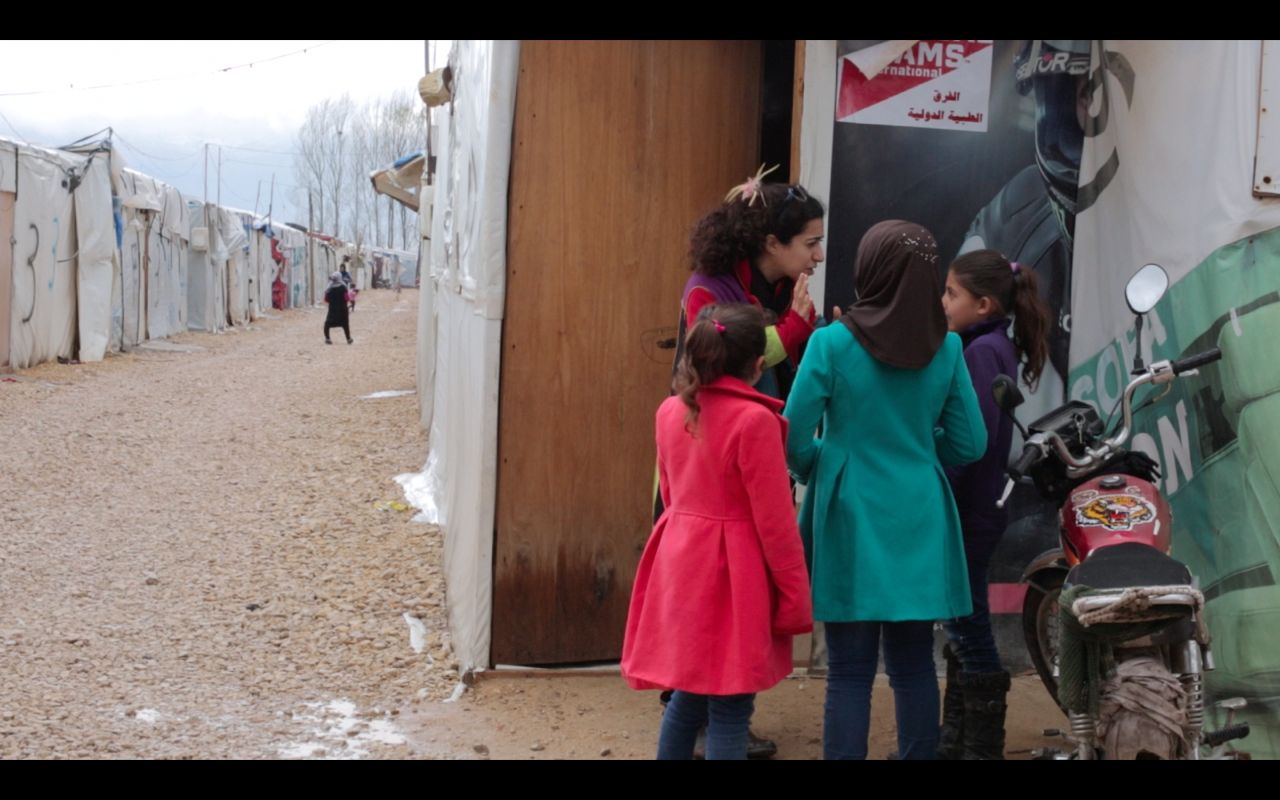
Syria: MRG concerned by serious minority rights violations
Minority Rights Group (MRG) is deeply concerned about recent events in Syria and the mass violence inflicted on the Alawi minority in the country’s coastal region.
Reports have recently emerged that Alawi communities had been targeted in reprisal attacks by government forces and allied militias. The violence was sparked when militants loyal to former President Bashar al-Assad, himself Alawi, assaulted dozens of government checkpoints early in March.
According to news reports, the government sent out a call to its allies to mobilize forces and retaliate. These groups attacked Alawi communities, killing and injuring hundreds of civilians, burning down buildings and looting homes. According to independent human rights monitors, approximately 1,000 people, the majority of whom were civilians, were killed in the ensuing violence.
‘Defending minority rights is a crucial component of long-term peace and stability’, emphasizes Mays Al-Juboori, MRG’s Senior Middle East Officer and Conflict Specialist. ‘Protecting the rights of all minority communities must be integral to any political transition or conflict negotiations. At the same time, minorities must be protected from prejudice and targeted violence.’
MRG has received numerous reports from eyewitnesses and Syrian minority representatives describing the retaliatory and revengeful actions of militias allied with the government against Alawi groups. These reports include escalated hatred, displacement, extra-judicial killings and sectarian massacres.
Al-Juboori notes that, ‘social cohesion in post-conflict Syria will only be achieved by ensuring that minority communities can remain resilient and thrive on their own terms. This includes making sure that their representatives are part of any political decision-making processes. Recent developments highlight the precariousness of the country’s path towards stability and peace. While constituting grave human rights violations in and of themselves, the punitive acts against the Alawi minority also run the risk of renewing the protracted conflict in which Syria has been mired since 2011.’
Slogans were widely disseminated, emphasizing the ideological justification behind the massacres and escalating the wave of hatred in the country. At the same time, massacres were reportedly celebrated by perpetrators in videos posted on social media, where they boasted about these acts of violence.
Thousands of Alawi families have been forced to leave their homes due to the violence, seeking safety in nearby areas and neighbouring countries.Alawi civilians have allegedly been executed without due process by government forces and affiliated militias. From 6 to 9 March, more than 745 people, mostly Alawis, were slain in what has been called collective retaliation operations.
Following the events of last week, President al-Sharaa set up a committee to investigate the violence and promised to hold perpetrators accountable. While welcoming the President’s stance, MRG calls on the government to ensure that independent, transparent and impartial investigations are carried out and that the perpetrators are brought to justice.
Featured image: A woman holds a sign reading in Arabic ‘Alawites are our brothers and family’ during a mass demonstration in Syria’s northeastern city of Qamishli, protesting against a recent wave of sectarian violence targeting Syria’s Alawite minority in the west of the country along the Mediterranean sea coast. 11 March 2025. Credit: Delil Souleiman / AFP via Getty Images.



